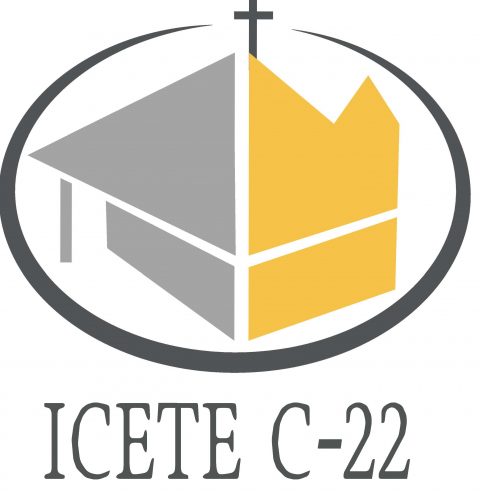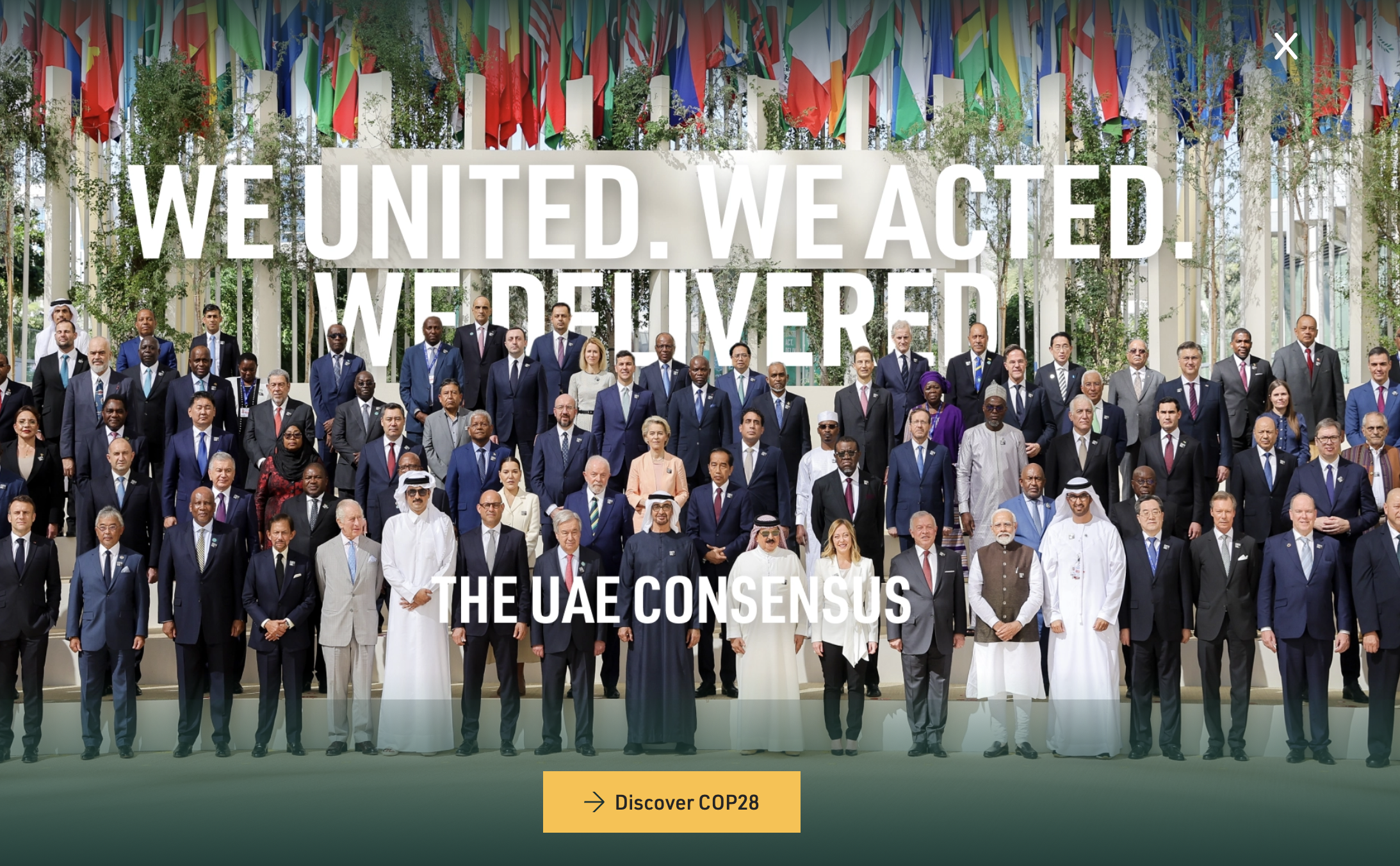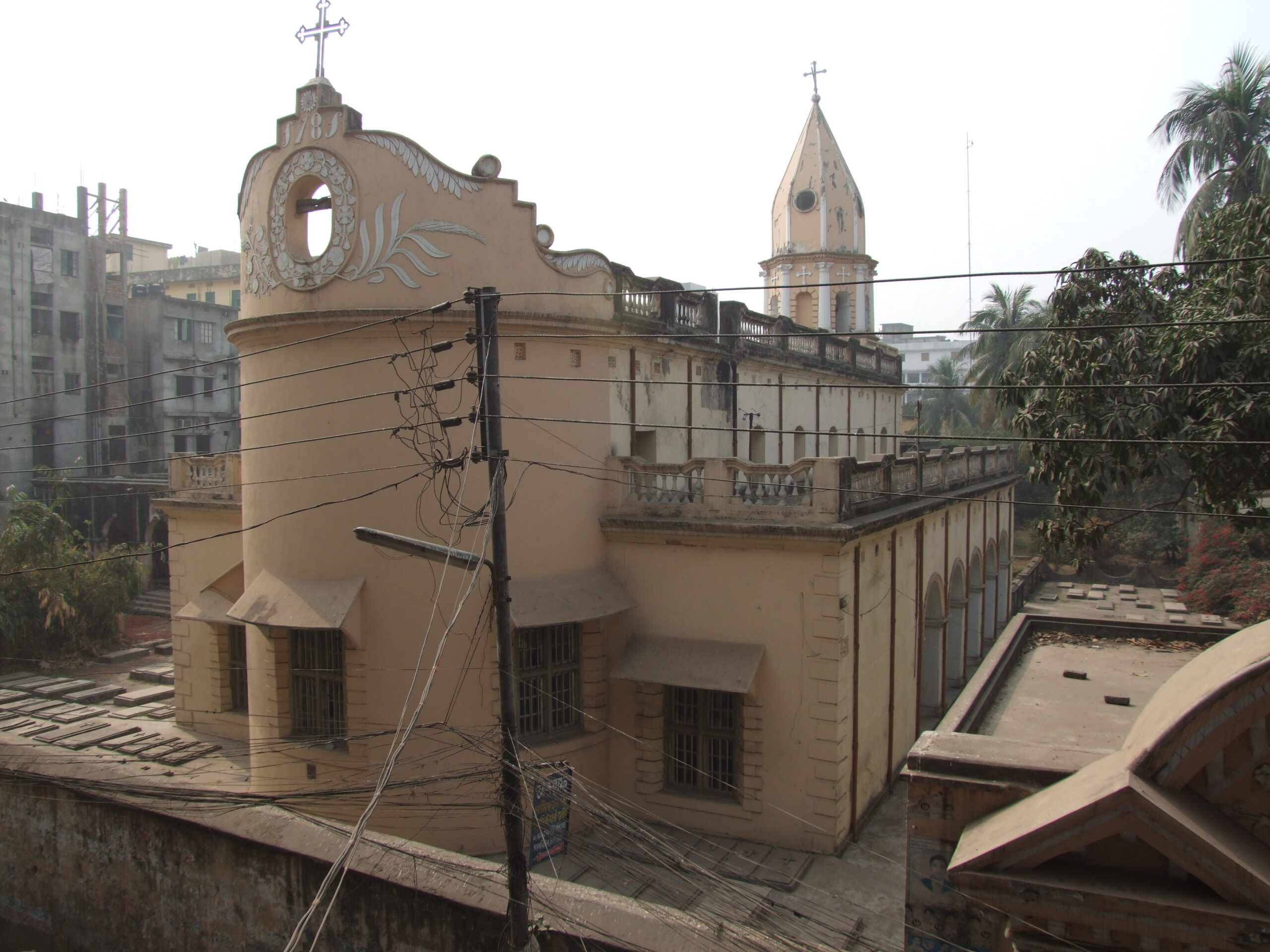The International Council for Evangelical Theological Education (ICETE)‘s upcoming global theological consultation will bring together some 500 educators from over 90 countries representing more than 200 different ministries under the theme “formal and non-formal theological education: beyond dialogue.” The consultation aims to bridge the gap between different approaches to theological education and galvanize the many existing programs to collaboratively respond to the growing need for training for pastors and church leaders.
The event, which is ICETE’s 18th Global Consultation will be held in Izmir, Türkiye from November 14-18, 2022, and builds on online consultations and meetings that have been held during the pandemic. These helped bring together different perspectives how to respond to the need of theological education, especially in regions that have experienced massive church growth in recent years. The in-person consultation now seeks to go “beyond this dialogue” and come up with practical approaches and solutions.
“To paraphrase Jesus’ comment on the Sabbath (Mark 2:27): educational institutions are made for man, not man for educational institutions. The institutional forms and ways of doing education have to follow the reality of believers and churches around the globe,” commented Bishop Dr. Thomas Schirrmacher, Secretary General of the WEA, and added, “ICETE is taking up this challenge and coordinates the global pursuit to diversify educational methods, which will effectively teach future leaders to apply their faith in Jesus Christ and Holy Scripture to all spheres of life. As WEA, we can only say: Thank you!”
Echoing these comments, Dr. Michael Ortiz, International Director of ICETE, said, “The Church needs leaders and pastors, and we cannot rely on any one sector of theological education, or any one program to even come close to tackling the issues.”
“What I have found is that the formal and nonformal labels are the default Theological Education (TE) language worldwide, and when cited, fragmentation and barriers innately swell to protect and promulgate one’s own program form. Competitive wills escalate which move us further apart in TE, from the Church, and from the biblical function and aim of TE,” Ortiz added, stating that, “As long as this core challenge is not met head on, the Church will continue to struggle to have effective leadership. ICETE C-22 intends to bring all forms together, lay aside that which polarizes, and build genuine community and collaboration. We owe this to our Lord’s Bride.”
Several WEA-related ministries will join the consultation, including the WEA Mission Commission, Re-forma, Increase, and the Galilean Movement along with numerous evangelical educators, institutions, and movements.
Dr. Theresa Lua, Director of Global Theology who also serves as the General Secretary of the Asia Theological Association, commented, “WEA is invested in this conference because of its relevance to WEA’s strategic priority of building strong national Alliances around the globe. WEA seeks to support leaders in building and mobilizing churches for greater impact in their witness for Christ and advancement of God’s kingdom. ICETE brings together key players in theological education, both formal and non-formal, to work collaboratively towards the common agenda of equipping pastors and leaders for the mission of the Church in the world.”
The consultation features six working tracks in the mornings, a variety of workshops in the afternoon and the evenings “together confessing where theological education has failed, celebrating where it has served the church well, and worshipping together.”
ICETE, which originally grew out of the WEA more than forty years ago, has since developed into a global hub for evangelical theological education. Its network has training programs in 113 countries and primarily serves through seven regional associations of theological schools. It seeks to enable international interaction and collaboration among all those concerned for the enhancement of evangelical theological education worldwide. Its vision is to accelerate global connectedness to sharpen theological education worldwide until each church is fit to fulfill Christ’s mission. ICETE is linked to the WEA’s Global Theology department.
For more information about the ICETE Consultation, visit https://icete.info/equipping/consultations/c22-join-us-in-person/




